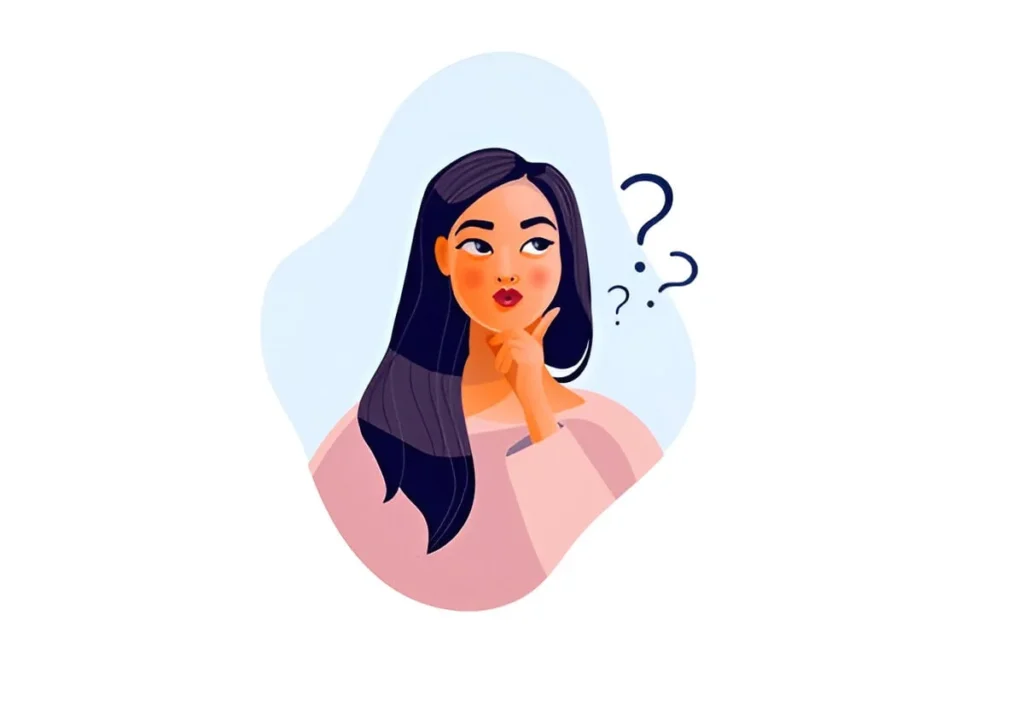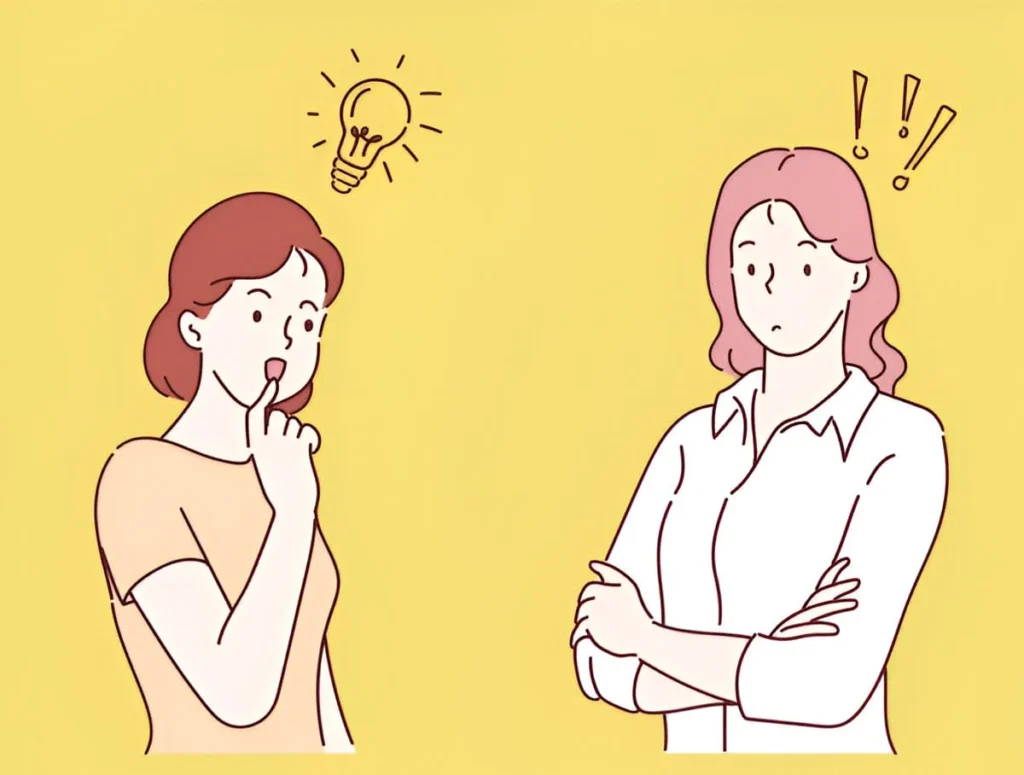My Journey with the 36 Questions
I never thought a psychology experiment could completely transform my love life. Still, here I am, ready to share how 36 simple questions changed everything I thought I knew about dating and connection.
The Night That Changed Everything
It was a crisp autumn evening when I first decided to try the famous 36 Questions to Fall in Love. I’d been dating casually for years, consistently hitting that same wall of superficial connections and small talk that led nowhere. You know the drill – the endless coffee dates where you discuss your job, hobbies, and favorite Netflix shows, only to feel like you haven’t gotten to know the person.
Why I Decided to Try This Experiment
After another failed attempt at finding meaningful connections through dating apps, I stumbled across an article about Dr. Arthur Aron’s study. The premise seemed almost too simple: Could 36 carefully crafted questions create intimacy between two strangers? My skepticism was high, but my curiosity was high.
Understanding the Science Behind the 36 Questions
Dr. Arthur Aron’s Revolutionary Study
In 1997, psychologist Dr. Arthur Aron and his colleagues published a study that would eventually become a viral sensation. The premise was simple yet profound: could mutual vulnerability foster closeness between two people? The study paired strangers who asked each other increasingly personal questions, followed by four minutes of silent eye contact.
The Psychology of Accelerated Intimacy
The genius of these questions lies in their progressive nature. They’re carefully designed to gradually increase self-disclosure, allowing people to open up naturally yet purposefully. It’s like climbing a ladder – each question takes you one step higher in emotional intimacy.
Breaking Down the Questions to Fall in Love

Set 1: Opening Up Gradually
Questions 1-12: Building Initial Comfort
The first set of questions feels almost like a game. They’re light-hearted but thoughtful, asking about your perfect day or whether you’d like to be famous. These questions are the appetizers of the conversation – tasty enough to keep you interested but not too heavy.
The Power of Shared Experiences
Their ability to create shared experiences through imagination makes these initial questions effective. When you picture your perfect day or discuss what you’re grateful for, you create a shared mental space.
Set 2: Diving Deeper
Questions 13-24: Exploring Values and Dreams
The second set of questions starts to wade into deeper waters. You’ll discuss family relationships, life ambitions, and personal values. It’s like opening a door to someone’s inner world and being invited to step inside.
Creating Emotional Bridges
These middle questions serve as bridges between surface-level chat and deep emotional connection. They’re designed to help you understand what someone thinks and why they feel that way.
Set 3: Building Intimate Connections
Questions 25-36: Vulnerability and Trust
The final set of questions requires real courage. They ask about deeply personal topics like emotional pain, family relationships, and personal weaknesses. These questions create the kind of vulnerability that typically takes months or years to achieve naturally.
The Final Four Minutes: Eye Contact
The four-minute eye contact exercise that follows the questions might initially seem awkward, but it’s arguably the most potent part of the experience. It’s incredible how much can be communicated without words.
How These Questions Transform Relationships
Breaking Down Emotional Barriers
What I found most remarkable was how quickly these questions dissolved our usual dating armor. Within an hour, I’d shared things with my date that I hadn’t told some of my closest friends.
Creating Lasting Bonds
The connections formed through these questions tend to be more resilient because they’re built on a foundation of genuine understanding rather than surface-level attraction.
Moving Beyond Small Talk
These questions provide a structured way to bypass the usual small talk plaguing early dating interactions. They permit you to be curious and vulnerable.
Real-Life Success Stories
Couples Who Found Love
I’m not the only one who’s experienced the magic of these questions. Countless couples, including several of my friends who are now married, have used them as a foundation for building lasting relationships.
Unexpected Outcomes
Not everyone who tries these questions falls in love, and that’s one of their strengths. Sometimes, the questions help you realize quickly whether there’s potential for a deeper connection.
Tips for Using the Questions Effectively
Setting the Right Environment
Choose a quiet, comfortable setting where you won’t be interrupted. This isn’t a coffee shop conversation – it deserves space and privacy.
Timing and Pacing
Don’t rush through the questions. Allow each answer to breathe and evolve naturally into the discussion. It’s not a race; it’s an exploration.
Being Authentic in Your Responses
The questions only work if you’re honest. It’s not about giving the “right” answers but sharing your truth.
Common Challenges and Solutions
Dealing with Resistance
Some people might feel skeptical or resistant to such structured intimacy. The key is approaching it with a playful spirit while respecting the process.
Managing Vulnerability
It’s normal to feel exposed when sharing deeply personal information. Remember that vulnerability is a two-way street; taking your time is okay.
Handling Emotional Intensity
These questions can elicit unexpected emotions. Be prepared for deep conversations and be willing to pause if they become too intense.
Adapting the Questions for Different Situations

First Dates vs. Established Relationships
While initially designed for strangers, these questions can be equally powerful for couples wanting to deepen their connection.
Long-Distance Connections
The questions work surprisingly well over video calls, making them perfect for long-distance relationships or online dating.
Friendship Building
Don’t limit these questions to romantic connections – they can be equally powerful for developing deep friendships.
The Long-Term Impact
Changes in Communication Patterns
After using these questions, you’ll likely naturally ask more meaningful questions in all your relationships.
Deeper Understanding of Self
Answering these questions doesn’t just help you understand others – it leads to profound self-discovery.
Lasting Relationship Changes
The vulnerability and honesty fostered by these questions often change how people approach relationships.
Why These Questions Work
The Role of Progressive Disclosure
The gradual increase in intimacy allows people to feel safe while sharing increasingly personal information.
Building Trust Through Vulnerability
Mutual vulnerability creates a unique bond that’s difficult to achieve through conventional dating.
Conclusion
The 36 Questions to Fall in Love aren’t just a gimmick – they’re a powerful tool for creating meaningful connections in a world where genuine intimacy can feel increasingly rare. While they may not guarantee love, they certainly create the conditions where love can flourish. These questions have forever changed my dating life, not just because of the connections I’ve made but because of how they’ve transformed my approach to relationships and vulnerability.
Frequently Asked Questions
Do I have to ask all 36 questions in one sitting?
While completing them in one session is ideal, you can break them up if needed. The key is maintaining the momentum and intimacy built through the process.
Can these questions work in long-distance relationships?
Yes, these questions can be highly influential over video calls, though the eye contact exercise might need to be modified.
What if my partner isn’t interested in trying the questions?
Please don’t force it. The questions work best when both parties are willing and curious about the experience. You might start by sharing the science behind them or suggesting trying just a few questions to see how it feels.
Is it okay to skip questions that make me uncomfortable?
While discomfort is normal and beneficial, you should never feel pressured to share more than you’re ready to. It’s okay to say, “I’d prefer to return to that question later.”
Can I use these questions with someone I’m already dating?
Absolutely! These questions can help deepen existing relationships and reveal new aspects of your partner you might not have discovered otherwise.






